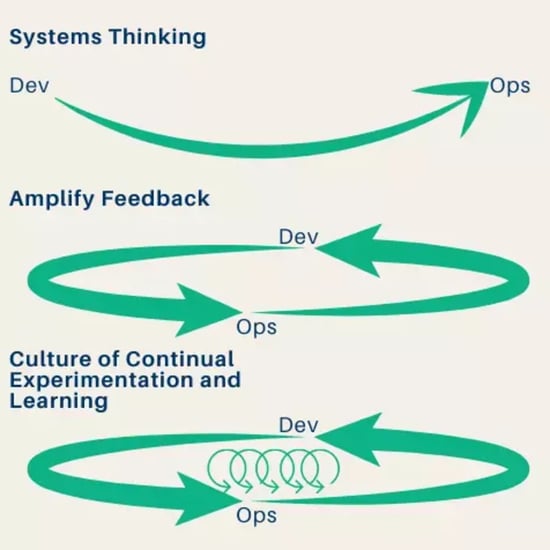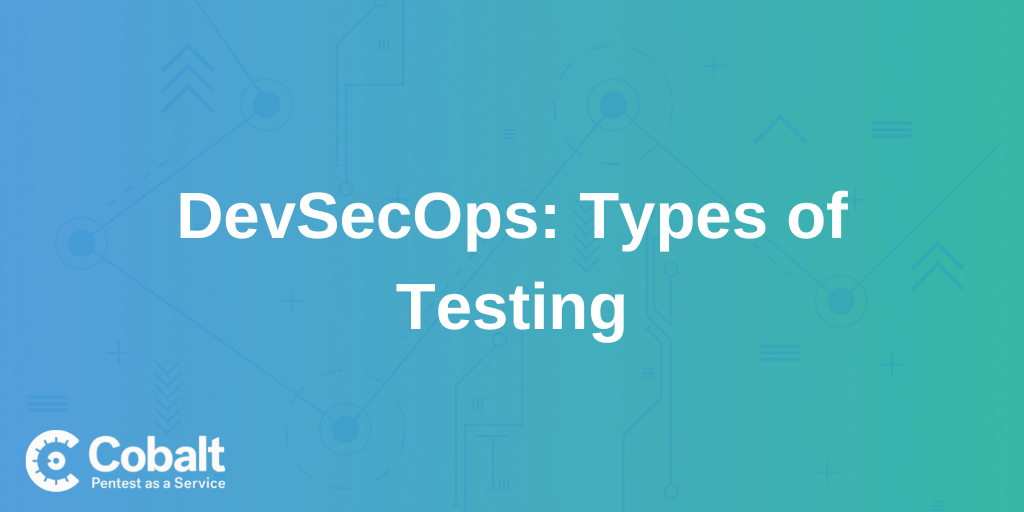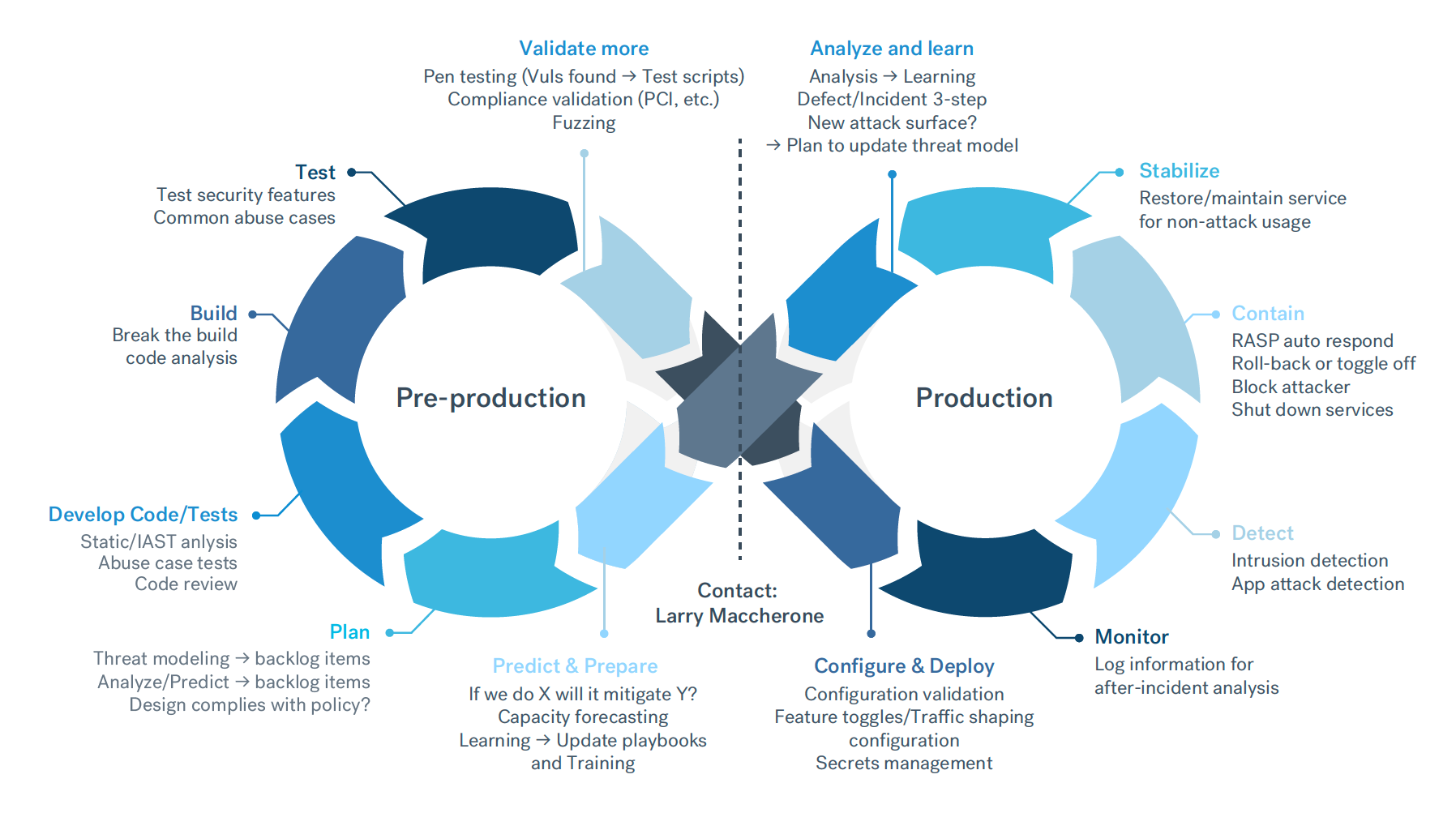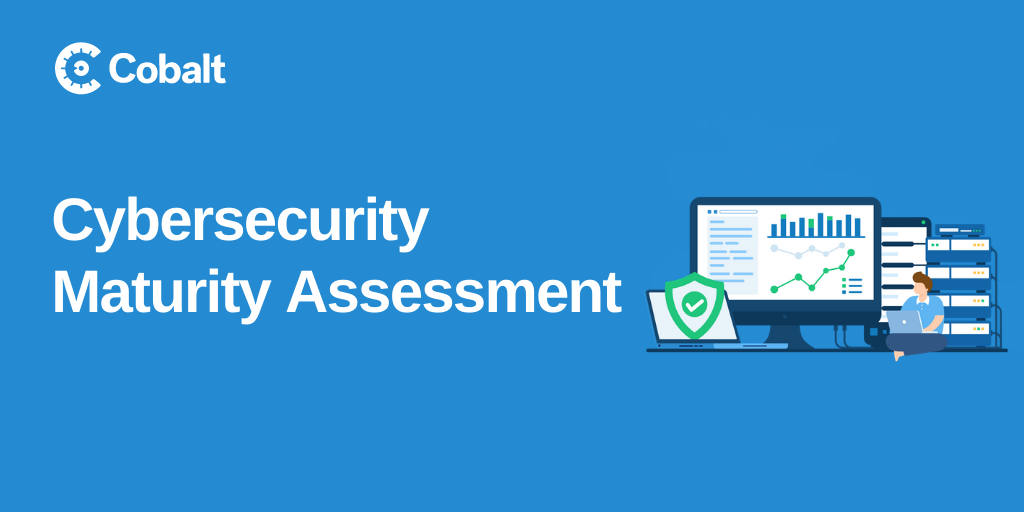The use of the terms ‘DevOps’ and ‘DevSecOps’ are often used interchangeably, with the emphasis on security in ‘DevSecOps’. When everything works properly in a DevOps workflow, the main focus — whether using the term DevOps or DevSecOps — is that security is a core component of a mature engineering pipeline.
“Dev” and “Ops” coincide end-to-end in the DevOps lifecycle, bridging the gap between development and IT operations teams. From development to integration, testing, monitoring, feedback, deployment, and operations, DevOps accelerates communication between teams and breaks down barriers to encourage more secure delivery.
Development and operations teams are no longer siloed with DevOps, rather they function together for speed, rapid delivery, automation, and agility. “DevOps describes empowered engineering teams taking ownership of how their product performs all the way to production — including security.” (Pentesting & DevOps: From Gatekeeper to Enabler)
What Are DevOps Practices & Tools?
The DevOps toolkit includes: to plan, code, build, test, deploy, operate, and monitor. “The use of DevOps tooling and automation of the software delivery process establishes collaboration by physically bringing together the workflows and responsibilities of development and operations.” (What is DevOps?)
Cooperation between security and engineering is key to keeping products secure. DevOps practices and tools help team members work together, with the most popular DevOps methodologies including Scrum, Kanban, and Agile.
Cooperation between security and engineering is key to keeping products secure. DevOps practices and tools help team members work together, with the most popular DevOps methodologies including Scrum, Kanban, and Agile.
DevOps Principle
There are three core principles to DevOps:

The first way of thinking emphasizes the importance of the system as a whole and increasing flow between people, processes, and technology.
The second focuses on ways to understand and respond to all customers, shortening the feedback loop and making corrections as needed.
The third component of the DevOps Three Ways is to create and maintain a culture that fosters consistent collaboration, learning, and improvement to increase resilience. By bearing these best practices in mind, it opens the door for increased efficiency for developing and maintaining applications.
Cloud DevOps Best Practices
“Cloud offers automated provisioning and scaling to accommodate applications. The elastic nature of cloud enables better scalability. DevOps streamlines and accelerates application releases because the development is fast and reusable in nature. That’s why we say, ‘DevOps and Cloud go hand-in-hand.’” (6 Effective Best Practices For DevOps In The Cloud)
Businesses are shifting to the cloud, and using the cloud helps achieve overall DevOps goals. Here are a few examples:
Create a Strong Organizational System Investing in infrastructure helps with one of the main components of DevOps: streamlining DevOps process flow. This also helps to best manage multiple services and resources within the cloud.
Maximize Testing Capabilities It can often be easy to overlook performance issues when working in cloud deployments. Automating testing in a cloud-based system can ensure flaws are flagged in regular intervals so nothing slips through the cracks.
Value Ongoing Training DevOps and security are constantly evolving. Making the commitment to continuous learning ensures your team is ready to take on anything that comes your way.
What is important for a successful DevOps transition?
When following DevOps principles, engineers need automated, quick, and agile processes. Here are 6 essential components for teams to keep in mind when adopting or migrating to a DevOps workflow:
- The customer
- Reaching the end-goal through collaboration
- End-to-end responsibility
- Cross-functional autonomous teams
- Continuous improvement
- Maximized automation
Developing a DevOps model comes with a lot of benefits for your organization. When taking the first step, it’s important to consider an initial plan for DevOps success. Investing in employees to support a new way of doing things, and approaching the transition with a strategic plan, can lead to better innovation, problem-solving, and more.
DevOps best practices, tools, and goals can help move organizations forward to a more efficient, secure workspace. With this in mind, Cobalt's Pentest as a Service (PtaaS) platform offer businesses pentesting services available to start within 24-hours.









